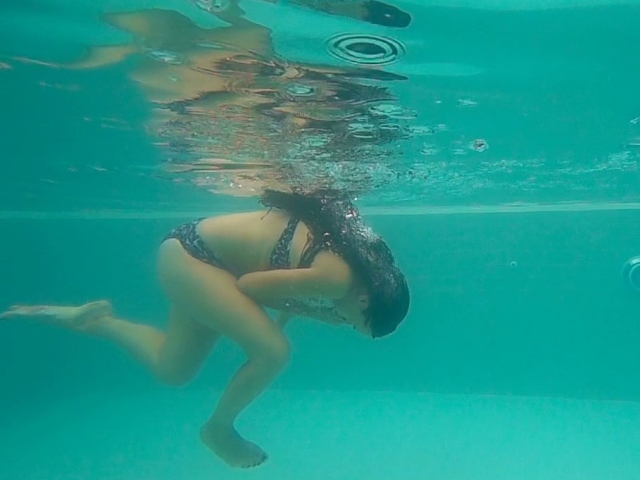Harmful Effect Of Dirty Swimming Pool On Your Health
If you love spending your time on a swimming pool, you may be surprised to learn that despite all the benefits of swimming, spending your time in a dirty pool can be detrimental to your health. Studies by leading disease control and prevention bodies like the CDC have found that almost 80 percent of all public swimming pools have health and safety challenges. When swimming pools are not well maintained and regularly cleaned with the right tools, they can become habitats for various organisms putting the health of swimmers at a risk.
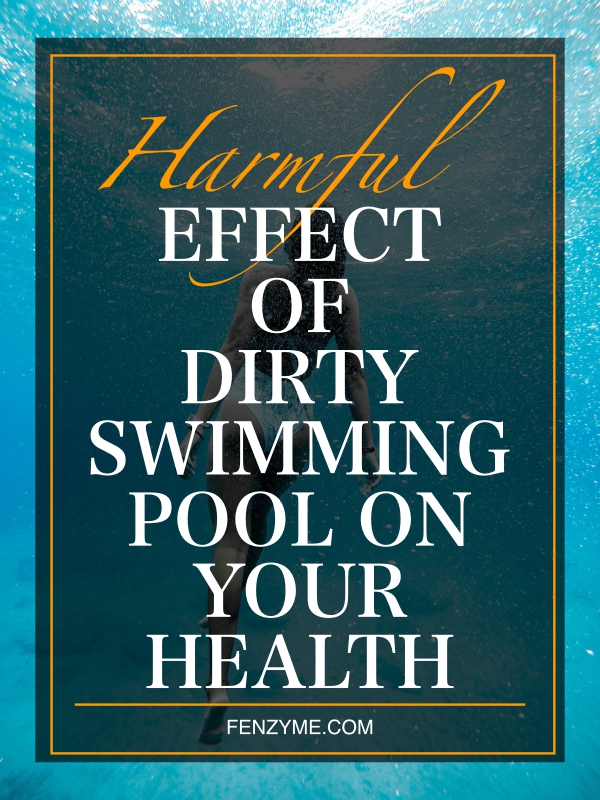
Effect Of Dirty Swimming Pool On Your Health
Study Behind it!
Studies have shown that dirty swimming pools contain high levels of urine and faeces. Other human factors that can contribute to a dirty pool including body sweat and filth, vomit, blood, and sneezing among others. It is also worth noting that if the pool is not well protected, animals can also access the pool and contaminate the pool. Rodents, dogs, cats and insects can pee and poop in the pool putting the health of swimmers at a risk. Other contaminants from the environment such as leaves, bacteria, algae and microorganisms can also fall into the pool negatively affecting the quality and health of the pool water.
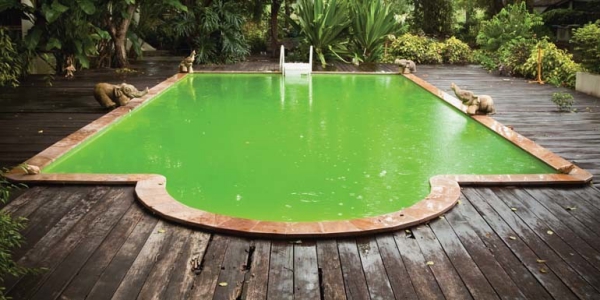
Therefore, when looking for the best pool cleaner you must ensure that the cleaner is capable of getting rid of all large leaves as well as small organisms. A quality automated pool cleaner like the dolphin nautilus pool cleaner is designed to handle all types of impurities ensuring that your pool is perfectly clean at all times as evidenced by the numerous Positive dolphin nautilus pool cleaner reviews.
The Health Risks Of Swimming In A Dirty Pool
Recreational Water Illnesses
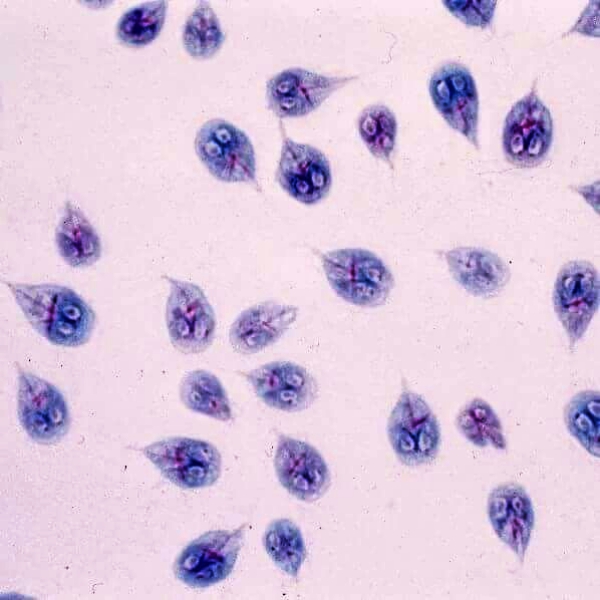
Although swimming is a beneficial physical activity that helps to build strength, endurance and provide a full-body workout, the astonishing number of germs and bacteria in dirty pools can pose a risk to your health. Swallowing contaminated water in the swimming pool can cause recreational water illnesses (RWIs). The illnesses are spread when one gets into contact or swallows contaminated pool water.
Disease that can happen by swimming in Dirty Pools
E.Coli
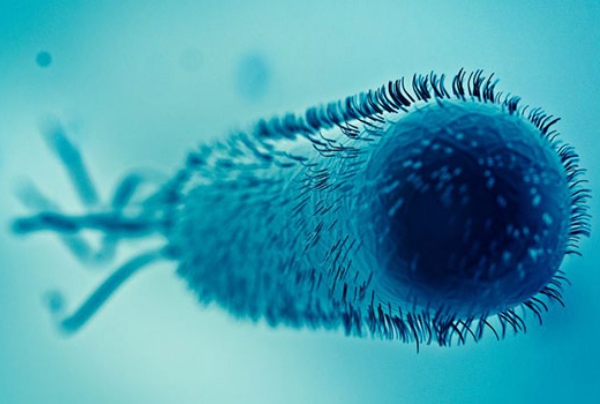
The germs and bacteria that cause recreational water illnesses include E.Coli, Hepatitis A, Giardiasis, Pseudomonas Aeruginosa, and cryptosporidium. Studies found that 58 percent of the tested public swimming pools had E-coli. The presence of E-coli is an indication that faecal matter existed in the pool largely due to the fact that most people fail to shower before getting into the pool.
Giardiasis

Giardiasis is a condition that occurs when swimmers swallow contaminated water. The condition causes various unpleasant symptoms that include constant diarrhoea, abdominal cramps and weight loss for an extended period of up to three weeks. When chlorine levels are not sufficient in a pool, the Hepatitis A virus can be lurking putting swimmers at serious risk of developing life-threatening liver failure.
Cryptosporidium
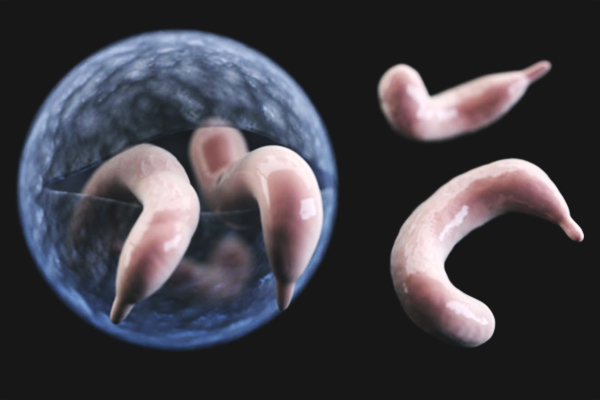
If Cryptosporidium, which can stay in the pool for up to 10 days, is swallowed, it can cause gastrointestinal tract problems including diarrhoea. Pseudomonas Aeruginosa is a major cause of skin rashes and painful ear infections. Furthermore, swimming in highly chlorinated pools can also put children at risk of developing respiratory illnesses like hay fever and cancer.
Although the health risks in a swimming pool can be highly alarming, it should not be a reason to keep off all swimming pools. The risks depend on the maintenance of the pool and thus, the goal should be to ensure that your swimming pool is perfectly clean and well maintained. You should invest in quality pool cleaners and adhere to a strict swimming pool cleaning schedule. In addition to ensuring that your pool is regularly cleaned, you should make sure that it is cleaned before you can swim. You should also encourage all pool users to follow healthy swimming habits such as taking a bath before going to the pool and avoiding peeing and spitting in the pool.

